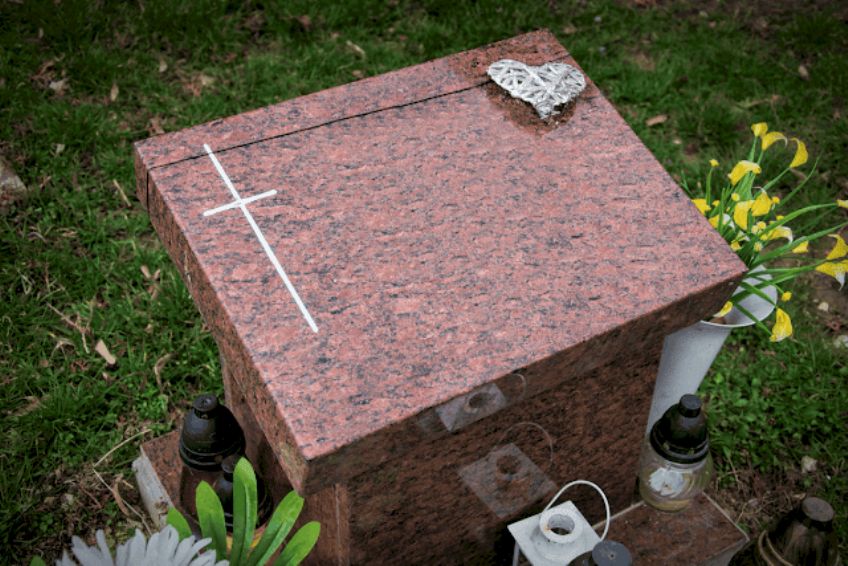For most, it's essential to have a quiet, intimate season of family reflection - an opportunity for the closest relatives and loved ones to join together in remembrance.

Families mourn the passing of a loved one in many different ways. For most, it’s essential to have a quiet, intimate season of family reflection - an opportunity for the closest relatives and loved ones to join together in remembrance. Cremation is well-suited for this because it allows the family to take their loved one’s cremated remains, housed in a decorative urn, and display it in their home for a short season.
This makes it easy for family members to honor their deceased loved one in the days immediately following the memorial service - but after this short season, it’s important to memorialize those cremated remains in an urn garden or a columbarium.
There are a couple of reasons for this, and the first one is practical. Simply put, if you keep an urn full of cremated remains in your home, sooner or later something could happen to it; the urn could be accidentally knocked or tipped over, and the results may be upsetting.
Additionally, it’s good to have a more public home for your loved one’s cremated remains - a "final resting place” where friends, family members, and other well-wishers can go to mourn, to lay flowers, or to pay their respects whenever it suits them. This is not always possible when the cremated remains are kept in one’s private residence.
Your funeral director can assist you with the timing here, recommending a reasonable amount of time to keep the urn in your home before you ultimately transition it to somewhere more permanent. Moreover, of course, your funeral director can also walk you through some of the best options for long-term memorialization - whether that’s burying the urn in a cemetery, placing it in a niche, or a different kind of arrangement.

